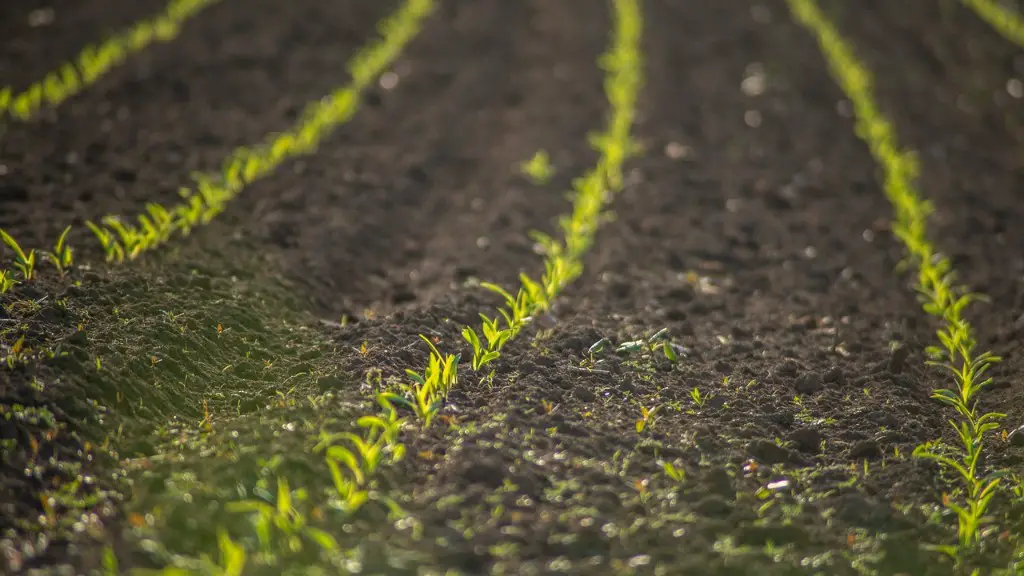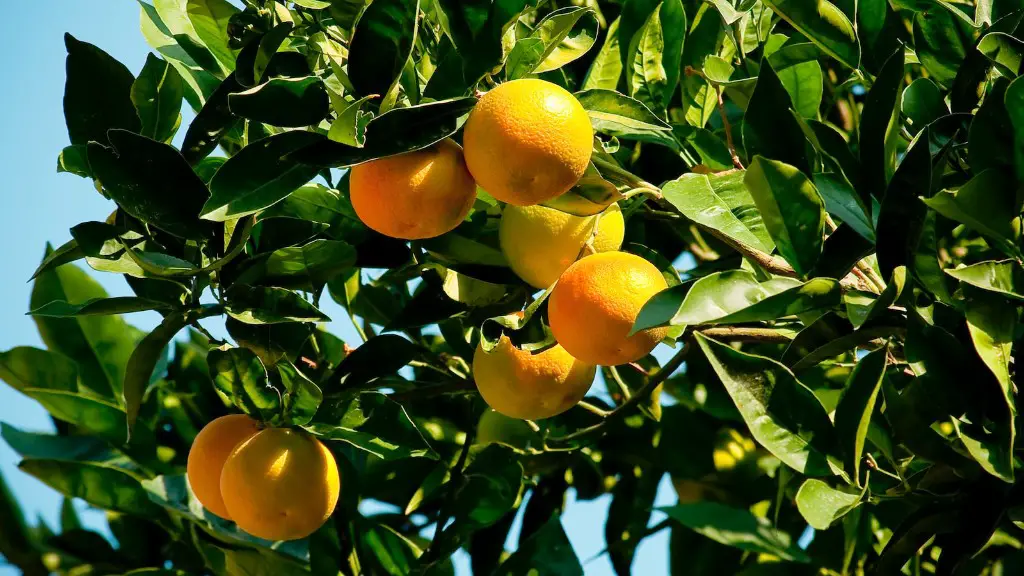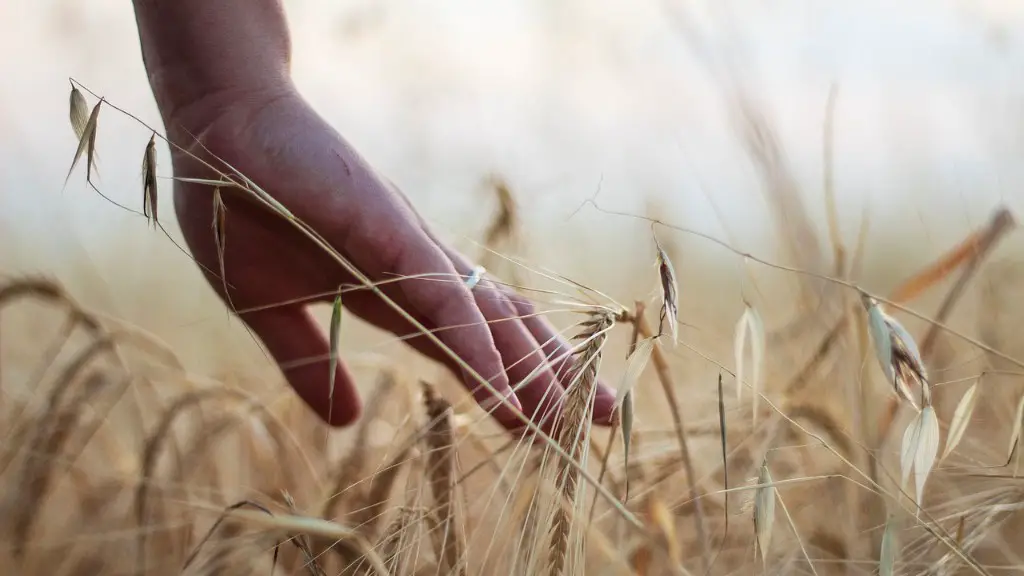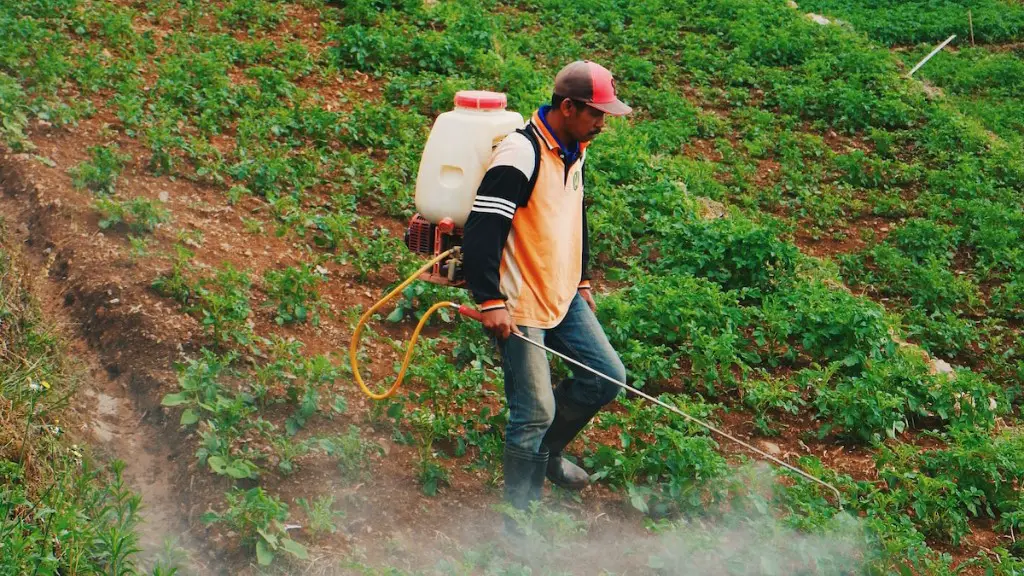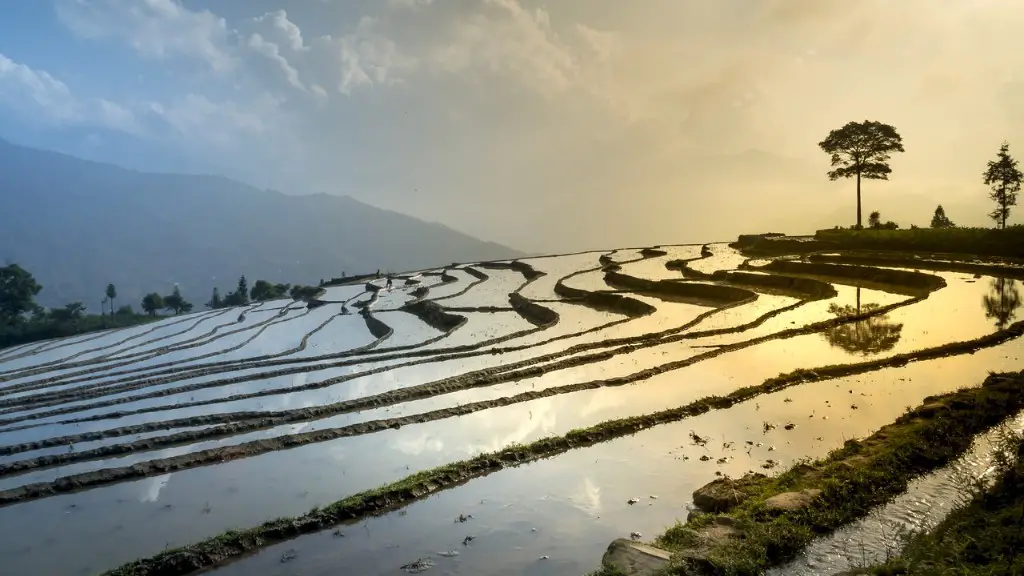Agriculture is the primary source of food and fiber for almost all of human history. It is also a significant source of jobs, environmental services, and economic growth. In developed countries, agriculture accounts for a small share of GDP and employment, while in developing countries it is a major source of livelihoods.
Agriculture affects our lives in many ways. We rely on agriculture for our food, which is essential for survival. Agriculture also provides many jobs, both in farming and in the food processing and distribution industries. In addition, agriculture plays an important role in the economy, providing raw materials for manufacturing and exports for trade.
Agriculture also has an impact on the environment. Agricultural activities can lead to soil erosion, water pollution, and deforestation. In addition, agriculture is a major source of greenhouse gas emissions, which contribute to climate change.
Despite its challenges, agriculture is essential to our lives and our economy. With proper management and development, it can continue to provide us with the food, jobs, and economic growth we need, while also protecting the environment.
Agriculture plays a significant role in our lives – from the food we eat, to the clothes we wear, to the cosmetics we use. It is estimated that the average person in the United States spends about 10 percent of their income on food alone. In addition, the farming industry employs millions of people around the world and provides a way of life for many rural communities. Agriculture also has an impact on the environment, through the use of pesticides and other chemicals, and the clearing of land for farming.
How has agriculture affected humans?
Agriculture has been a key driver of human civilization, enabling the growth of cities and the rise of population. Today, agriculture continues to play a vital role in meeting the needs of a growing global population. With modern technology and advances in farming practices, we are able to produce more food than ever before. This is helping to ensure that everyone has access to the nutritious meals they need to lead healthy and productive lives.
The rise of settled societies and permanent structures was closely connected to the increase in human population. When early humans began farming, they were able to produce enough food that they no longer had to migrate to their food source. This meant they could build permanent structures, and develop villages, towns, and eventually even cities.
How did agriculture impact us
The agricultural sector plays a vital role in the US economy, contributing around $1264 trillion to the country’s gross domestic product (GDP) in 2021. This sector comprises a wide range of industries, including farming, food production, and related services.
The output of America’s farms alone contributed $1647 billion to the US economy in 2021, representing around 07 percent of GDP. The agricultural sector as a whole employs millions of Americans and provides a significant proportion of the country’s food supply.
With the world’s population projected to reach 9.8 billion by 2050, the pressure is on to produce enough food, feed, fiber, and fuel to meet the needs of a sharply rising population. At the same time, we must protect the environment and expand the natural resources supply. Sustainment of the economic viability of agriculture systems is essential to meeting these challenges.
Why is agriculture important to society?
Agriculture is essential for society for a number of reasons. It provides the food that we need to survive, it creates jobs and economic stability, and it helps to keep the environment healthy. Farming and agriculture are also important for cultural reasons, as they have been a part of human society for thousands of years.
Agriculture has a significant impact on the environment, both positive and negative. It can lead to soil erosion, water pollution, contribute to climate change, and deforestation. However, it can also help reduce CO2 levels, improve air quality, provide habitat for wildlife, and provide food.
What are 3 reasons why agriculture is important?
1. Agriculture is the main source of raw materials for industries.
2. It is important to international trade.
3. It plays a big role in a nation’s revenue.
4. It provides employment.
5. It is crucial to a country’s development.
6. It can help heal the environment.
7. It goes hand-in-hand with war.
8. It is a key sector in the economy.
Farming is an excellent way to improve your health. It is challenging and stimulating work that provides a great source of income in rural areas. Farm work also helps develop younger generations. Farming can help the environment thrive by providing healthy food and clean water.
Is agriculture important to everyday life
Agriculture plays a vital role in society by providing food, habitat, and jobs. It also provides raw materials for food and other products, and helps to build strong economies through trade. Agriculture has a major impact on society and its well-being.
Agriculture is the backbone of Nigeria’s economy and it plays a vital role in the country’s development. Agriculture contributes to the country’s GDP, provides employment opportunities, and is a major source of foreign exchange earnings.
Agriculture plays a key role in providing food for the Nigerian population. The agricultural sector is responsible for the production of staple crops such as corn, rice, and cassava. These crops are essential to the Nigerian diet and provide much-needed calories and nutrients.
In addition to providing food, agriculture also plays an important role in providing raw materials for Nigeria’s industries. Agricultural products such as cotton, Rubber, and palm oil are used in the production of textiles, tires, and cosmetics. These products are essential to the Nigerian economy and provide employment opportunities for many Nigerians.
Finally, agriculture plays a crucial role in protecting the environment. Agricultural activities help to T stabilise the soil, prevent desertification, and conserve biodiversity. By protecting the environment, agriculture helps to ensure that Nigeria will be able to continue to support a growing population and economy.
What are the main important of agriculture?
The primary source of raw materials for many key businesses is agriculture. Cotton and jute fabric, sugar, tobacco, and edible and non-edible oils are all derived from agricultural products. Drugs, diesel fuel, polymer, and other significant sectors also rely on these elements in ways that many people have no idea of.
It is estimated that agricultural land is lost at a rate of 30 to 40 percent globally. This is a major problem because it means that there is less land available to grow crops and raise livestock. The other problem is the decrease in the varieties of crops and livestock produced. This is due to the fact that farmers are growing more of the same crops and raising more of the same livestock. This leads to a decrease in the diversity of the food supply, which can be a major problem in the event of a disease or pest outbreak.
What are 3 problems of agriculture
There is no one-size-fits-all solution to the triple challenge of feeding a growing population, providing a livelihood for farmers, and protecting the environment. But we know that sustainable progress in any of these areas is only possible if we take a holistic, integrated approach to solving the challenge.
That’s why, at the World Economic Forum, we are bringing together key stakeholders from the public and private sector, civil society and academia to find collaborative solutions that can help us meet the triple challenge. We are committed to act on the findings of this important initiative and make the changes necessary to ensure a sustainable future for all.
The pros and cons of agriculture are many and varied, but there are some clear pros and cons that stand out. On the pro side, agriculture allowed humans to settle in one place and develop civilizations. Agriculture also allowed humans to specialize in different roles, such as artists, leaders, and scribes. On the negative side, agriculture can lead to conflict over access to food and water. Additionally, weather can damage crops and lead to hunger and starvation.
Why is agriculture important in simple words?
It is estimated that the agricultural sector accounts for about 10% of the world’s GDP and employs close to 40% of the world’s workforce. The sector is thus of immense importance to both economic growth and development.
The agricultural sector plays a vital role in human existence by providing food. It is also a major provider of industrial raw materials, contributing significantly to economic activity in other sectors. The sector thus plays a pivotal role in overall economic development.
The very poorest benefit from agricultural growth through increased demand for their labour. Agricultural growth increases the probability of obtaining employment, and it may increase the salary level, thereby increasing the income that can be accrued from selling labour. The increased income can be used to purchase food, shelter, and other necessities of life, which can help to break the cycle of poverty.
Final Words
Agriculture affects our lives in many ways. It provides the food we eat and the fiber for our clothing. Agricultural products are also used in many industrial and consumer goods. Agriculture produces many of the raw materials that are used in manufacturing.21
Agriculture has a profound impact on our lives. It not only provides the food we eat, but also the clothing we wear and the materials we use. Agriculture also helps to support the ecosystem, providing habitat and food for animals.
